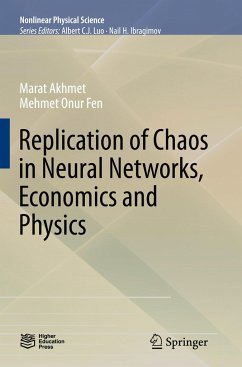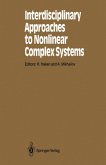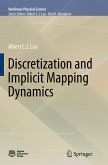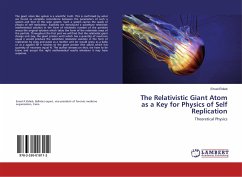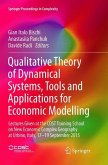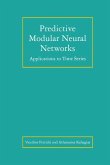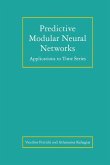This book presents detailed descriptions of chaos for continuous-time systems. It is the first-ever book to consider chaos as an input for differential and hybrid equations. Chaotic sets and chaotic functions are used as inputs for systems with attractors: equilibrium points, cycles and tori. The findings strongly suggest that chaos theory can proceed from the theory of differential equations to a higher level than previously thought. The approach selected is conducive to the in-depth analysis of different types of chaos. The appearance of deterministic chaos in neural networks, economics and mechanical systems is discussed theoretically and supported by simulations. As such, the book offers a valuable resource for mathematicians, physicists, engineers and economists studying nonlinear chaotic dynamics.
"The book presents a systematized and organized exposition of this material, its contextualization within mathematics, science and technology, and a discussion of perspectives for future development. In summary, this monograph provides an overview of results on an aspect of the dynamics of chaotically driven differential equations, such as replication of chaos, which is an interesting issue that goes beyond the research on synchronization and control of chaos that has received so much attention in the last twenty five years." (Jesús M. González-Miranda, Mathematical Reviews, May, 2016)

